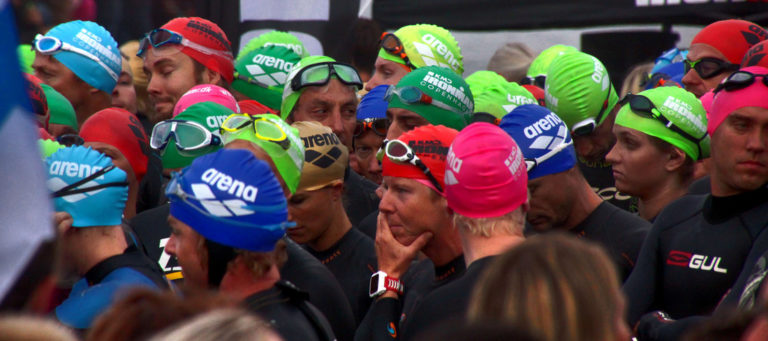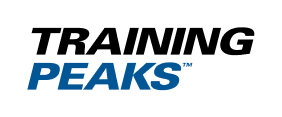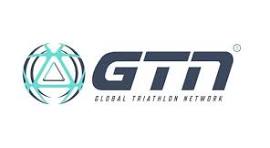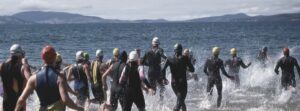Triathletes: How an end of season break can help you to stay fit, lean and happy this Autumn…
After a long season of racing and triathlon training, October and November are often the best months to take a break. It’s the perfect opportunity to bring some balance back into your life by investing a little more time into your friends, family and career. Getting the timing right isn’t always easy though. Take too many days off and you’ll spend the next six months battling to regain your previous fitness.
These five tips will help you decide what to do and when to start triathlon training again.
1. Family/Friends/Career
If you’re someone who juggles a busy job, with a family and friends, now is the ideal time to repay some of their patience. Stop focusing on sport for a little while and do all the things you don’t normally have time for. Tell people this is your “easy period” just so they know what to expect. Have a few lie-ins, make your partner breakfast in bed, take your kids to the zoo and do something good at work. Once you’ve done all that, you can start planning your training regime again.
2. Fitness
During an end of season break, the idea is to recover while staying fit for triathlon. If you’re used to training most days, you don’t need to stop training altogether during your break. Just take it easier than normal. Make each session shorter – half or two-thirds of what you’d normally do. In terms of intensity, do 90% of it at a nice comfortable low intensity. Then once or twice per week throw in a few bursts of higher intensity just to remind your body that you’re a triathlete, so that you don’t de-train much.
3. Race Schedule
The dates of your big triathlons in your next season will help you decide when to go back into full training. Following an end of season lay-off, it’ll take you around 20 weeks of intelligent and progressive triathlon training before you hit your peak. If you train for too many months leading into a big race you may actually go past your peak. So try and stay reasonably fit during your end of season break and then start proper training at around 20-weeks before your first big race.
4. Motivation
A lack of motivation for training can be a sign of lingering fatigue. So if the idea of a long bike ride or a hard run fills you with dread, you probably need to recover for a while longer. Try doing regular light, low-intensity workouts to help you tick over. Keep a score out of 10 of your daily motivation levels. When you start getting regular 8’s it’s time to start building up your triathlon training again.












